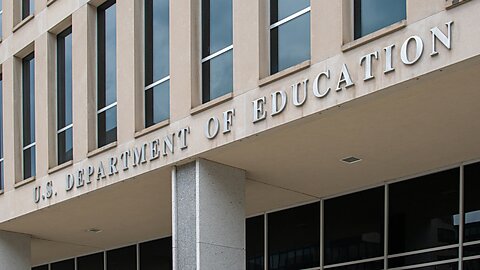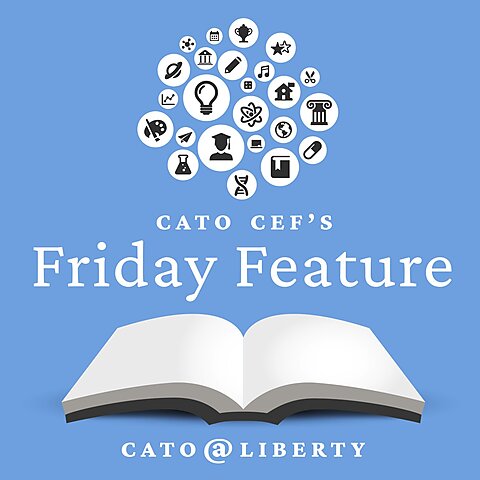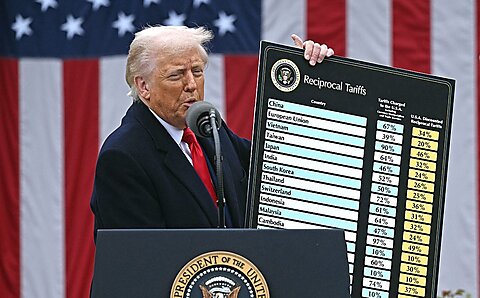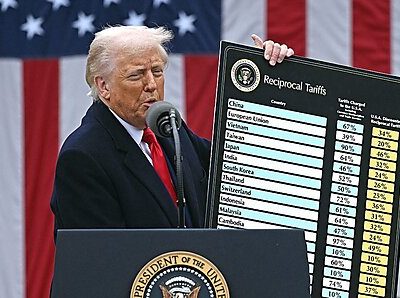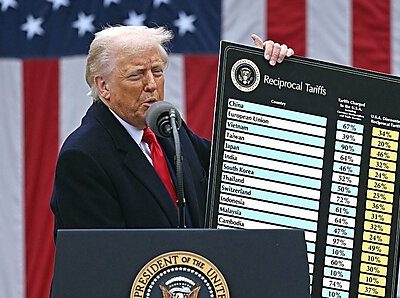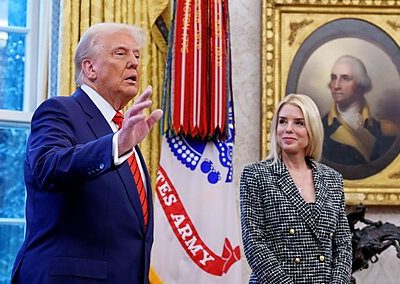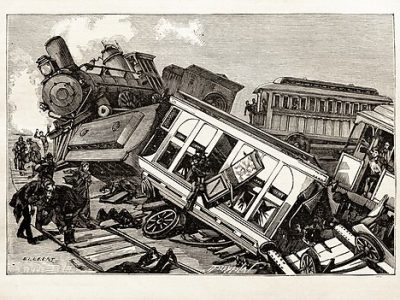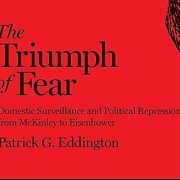
On March 25, Free Black Thought live-streamed a forum hosted by TakeCharge, a nonprofit committed to demonstrating that America offers opportunities for all, regardless of race or social status. TakeCharge encourages Black Americans to reclaim their cultural identity through faith, family, and education, emphasizing personal and community responsibility. This forum, titled “The Crisis of the Black Family,” was moderated by TakeCharge Founder and President Kendall Qualls and his wife, board member Sheila Qualls.
A panel of 12 Black professionals, including clergy and educators, discussed the consequences of disregarding the Moynihan Report, a 1960s memo by Senator Daniel Patrick Moynihan on the condition of the Black family. Sheila Qualls paraphrased Moynihan’s warning:
“These [black] kids are going to be cut off from society. They are not going to be able to function. They’re not going to be socialized within the norms of our society, within their families. And he also said that the welfare system is destroying our families. It is destroying black culture, the structure of the black family, and … creating a matriarchal society which is actually circumventing black men and cutting them off from their families.”
This summary framed the panel’s hour-long discussion on how faith, family, and education can address the crisis in the Black family.
A Suppressed Discussion
One key takeaway from the forum is the rarity of these perspectives in mainstream media or Democratic Party leadership. Moynihan, a Democrat, was heavily criticized when his memo to the Johnson administration leaked. He was accused of victim-blaming and portraying Black Americans as pathological. However, his analysis simply highlighted the connection between family structure, education, and economic mobility.
Decades later, his predictions have proven accurate. Research shows children fare better in two-parent households, and discontent with an education system failing disadvantaged communities continues to grow. Moynihan noted that welfare treats symptoms, not root causes, and excessive reliance on it discourages Black male employment while incentivizing single-parent households. He was not against welfare but warned against its expansion as a substitute for sound employment and economic policies.
Family, Faith, and Civil Society
The forum’s emphasis on family and religion aligns with the classical liberal vision of a free and civil society. Families can serve as a bulwark against government overreach, while religion enhances moral and social cohesion. Adam Smith and F.A. Hayek both recognized religion’s role in upholding the moral fabric of free societies. Rev. Edmund A. Opitz, in The Libertarian Theology of Freedom, argues that a society structured solely on individuals and the state risks tyranny:
“With only two terms—man and society—the sum of individuals becomes superior to any given individual. But with three terms—God, man, and society—every individual is linked to a higher Reality and becomes a person with prerogatives that society may not transgress.”
This underscores the role of religion in strengthening civil society by providing individuals with a moral foundation independent of government authority.
The Family’s Role in Civil Society
Classical liberal thought maintains that families, rather than government, should provide for their members through mutual aid. John Locke, in Two Treatises of Government, described the family as the first and most fundamental social institution, stating:
“The first society was between man and wife, which gave beginning to that between parents and children … the chief, or rather only, bond of society, was the husband and wife’s relation.”
Similarly, Hayek, in The Constitution of Liberty, emphasized the family as an essential, spontaneous order that no planner could create but is indispensable to a free society.
TakeCharge forum participants agreed that when Black and Hispanic children come “from two-parent religious families,” academic disparities disappear, proving that race is not the determining factor in success. This aligns with Ian Rowe’s conclusions in Agency, where he identifies family and faith as critical elements of social capital linked to upward mobility and human flourishing. Though the forum emphasized Christianity, Rowe suggests that strengthening all faith communities can enhance society’s resilience.
While the nuclear family appears to be the most effective structure for child well-being, alternative models, such as multigenerational households, can also provide stability and support. Research indicates that multigenerational families contribute to emotional, educational, health, and financial well-being, as well as a deeper sense of familial identity and pride.
A Classical Liberal Perspective on the Family and Religion
Recent books exploring the role of family and religion in civil society—such as Critical Dilemma by Neil Shenvi and Pat Sawyer and Cross Purposes by Jonathan Rauch—support the forum’s conclusions. Works like Hayek’s Modern Family by Steven Horwitz and Family Values by Harry Brighouse and Adam Swift further affirm the classical liberal case for a strong family structure.
Those concerned about the future of American civil society should consider how family and religion contribute to its stability. While maintaining the separation of church and state and limiting government interference in family life is essential for a free society, family and religion can help entrench these principles in America’s collective consciousness. Perhaps a renewed focus on these pillars can offer strategies for strengthening civil society while preserving individual liberty.

